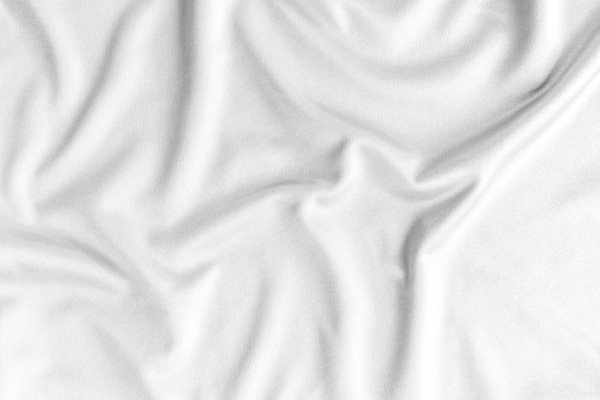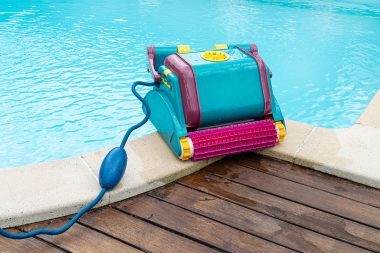Top blog articles
Discover some crucial points that will help you understand and recognize whether your house needs a water softener.
What is hard and soft water?
Water with an elevated mineral content is hard water (in comparison with “soft water”). As water transposes through layers of rock, quarry, or gypsum, mainly composed of minerals like calcium, sulfates, magnesium, and bicarbonates, thus making hard water.
Drinking hard-water drinks can have good health benefits. Still, when it comes to industrial areas where water hardness is controlled to prevent expensive malfunctions in boilers, cooling systems, and various other water-handling equipment, it may pose serious problems.
Soft water is surface water that contains low ion concentrations and is low in magnesium and calcium (commonly present in hard water) ions in particular. Soft water readily exists in places where rigid, inviolable, and calcium-deficient stones are created from the runoff water from rain and rivers. As it has less ion concentration, it does not really form soap scum or calcium deposits in heating systems.
Checking the hardness of your water and its effects on your systems

If you have water that would profit from a softener, the easiest way to decide is to have your water checked clinically. At the same time, DIY testing kits are readily available in domestic centers and supermarket chains.
Many businesses sell take-home sampling kits that you can drop off or send in for a fee to get your water analyzed. You can ask the nearest water department in your city system to assist you and evaluate the water’s hardness.
If hard water is detected, it is best to go hunting for the best water softener systems.
Stained sink is a sign
Imagine having a well-decorated, perfectly-furnished home. Then you walk into your bathroom and notice your sink suddenly staining red because of the excess minerals and metals present in your water (which is why it is called hard water). Their stains are extremely persistent, tough to remove, and look absolutely disgusting.
However, a short-term solution to fix this problem is to leave the sink soaked in a mixture of one and a half cup of dishwashing powder and a cup of bleach. After that, a good rinse and clean would do the trick. A more prominent and permanent fix is to just buy a water softener.
Are your clothes losing their shine and color?

If your clothes are suddenly looking old and weary just after one or two washes, it is because your water system has hard water. Washing clothes with hard water can make the detergent or soap that you’re using less efficient. They can leave behind a sleazy residue that causes your sheets and towels or clothes to stain, cause irritation or gray, grow a bad smell, and become rugged and itchy. Rinsing clothes and linens in hard water may also cause early wear on the fabrics.
Random scale build-up on your showerheads
Minerals can build up on your cups, coffee makers, tea kettles, cookware, dinnerware, and cutlery, leaving a rough, crumbly film that is harder to eliminate, known as scale or limescale. Worse still, the scale can accumulate inside water-using machines, such as dishwashers and household appliances, and even inside your sewer system, resulting in costly repairs.
Hair and skin becoming dry
If you are experiencing a sudden influx in the number of pimples, blackheads, or inflammation on your skin, and you can’t seem to find the reason behind it, it is probably your water. Hard water contains minerals that can make your skin flaky and result in a dry scalp and can also cause damage to the pores.
In the case of hard water, the soap does not dissolve properly, and as a result, a sticky soap film remains on the skin that acts as a barrier that stops bacteria and debris from being removed from your skin. Using this same sticky film can cause breakage of hair and loss of shine from hair.
The worst sign is a breakdown of boilers
The most expensive and vilest of all signs is the breakdown of your home water heating system. Having hard water can cause premature aging of your water heater due to the accumulation of minerals and metals while transforming hard water. This can cause scaling within the heater’s contents and the tank itself even though it is a brand new heater and you have only used it for a few months.
Read more: Common plumbing issues
How does a water softener system work?
Water softeners operate by a mechanism called ion exchange that removes excess calcium and magnesium from water. The hard water is first passed through a layer of spherical resin beads as it flows towards the tank. Their beads are made from polystyrene and are charged with the sodium ion. These beads tend to have a negative charge as they are anions while the calcium and magnesium are cations, which means positively charged
From here, it’s the simple positive attracts negative principle. The beads capture the minerals and remove them from the water. The sodium ion is then released as the bead seizes the mineral ion. As the water flows through, all the water’s rigidness is removed, and the water is softened before it reaches the tank.
Water softeners can also remove dissolved iron if present in excess. If you wonder where all these stains are coming from in your tubs and sinks, it’s definitely from the iron present in hard water. By having access to a water softener, you don’t have to worry about vigorously scrubbing your sinks to remove stubborn stains.
Read more: Deal with calcium deposits in toilet
Get those red stains off and never worry about them again
Rather than paying really high utility bills and bearing repair costs every now and then, give your sore muscles a rest, and buy yourself a water softener. It will be a one time purchase that you won’t regret. Your clothes will keep looking flawless for quite a while, and you won’t have to struggle with cleaning.
Save yourself from all the trouble and get a water softener system today!
Read more: Water softener installation cost










Your opinion matters, leave a comment